Introduction
Helping an underweight horse regain a healthy body condition requires a strategic combination of proper nutrition and management practices. Weight loss in horses can stem from various factors, including insufficient caloric intake, stress, pain, or underlying medical conditions. This guide explores the causes of equine weight loss and provides practical solutions for caregivers.
Common Causes of Weight Loss
Performance Horses
Performance horses may experience weight loss due to insufficient caloric intake during training or competition. Competition-related stress can also impact weight maintenance. Physical discomfort or pain, particularly from gastric ulcers, often suppresses appetite and requires immediate treatment.
Age-Related Factors
Senior horses experience ongoing muscle loss, requiring increased protein intake for maintenance. Young, growing horses have high energy needs but require carefully balanced nutrition. Internal parasites can cause weight loss despite adequate feeding, making regular deworming essential.
Management Factors
Limited access to quality hay and pasture significantly affects "hard keepers." High-strung horses often respond better to low-starch, low-sugar feeds. Nursing mares require the highest energy intake, needing approximately 3% of their body weight in daily feed. Unexplained weight loss warrants immediate veterinary attention.
Nutrition and Management Solutions
Feeding Strategies
Increase meal frequency for safe calorie enhancement while maintaining digestive health. Select feeds high in healthy fats and digestible fiber. Choose products with premium protein sources and guaranteed amino acid profiles. Provide top-quality forage for maximum palatability and energy content. Consider digestive enzyme supplements to improve nutrient absorption.
Environmental Management
Minimize stress through regular turnout and create a calm stable environment. Schedule regular dental check-ups to ensure proper chewing ability. Implement an effective deworming program and monitor parasite control effectiveness regularly.
Professional Guidance
Collaborate with veterinary professionals and equine nutritionists to develop targeted care plans. Veterinarians can perform comprehensive health assessments, run diagnostic tests for underlying conditions, and recommend appropriate treatments. Nutritionists can design balanced feeding programs, calculate proper nutrient ratios, and suggest appropriate supplements.
Expert Insights
According to equine nutritionist Lorraine Hughes, addressing weight issues requires veterinary evaluation to identify underlying causes. She emphasizes that weight loss isn't always due to neglect and recommends gradual dietary adjustments. Hughes advocates focusing on quality forage before adding concentrates, maintaining low non-structural carbohydrate levels, and providing frequent small meals rather than large, infrequent feedings.
Summary
Successfully managing an underweight horse requires understanding diverse causes of weight loss, implementing appropriate dietary changes, following proper management practices, and working with veterinary and nutrition professionals. Patience throughout the process is essential. With dedicated care and professional guidance, underweight horses can recover their health and return to their roles as athletic partners and valued companions.



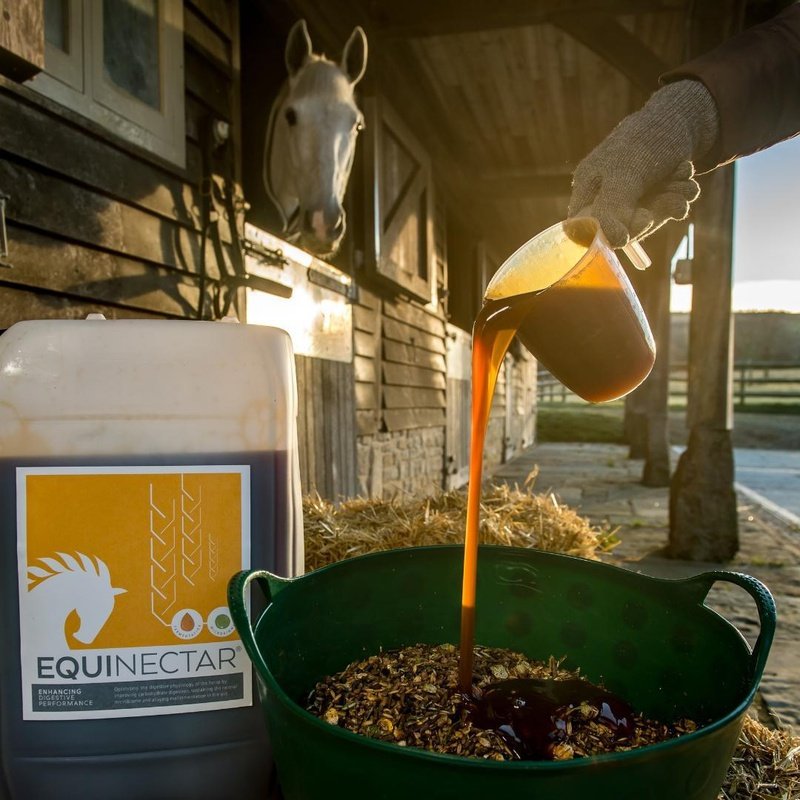
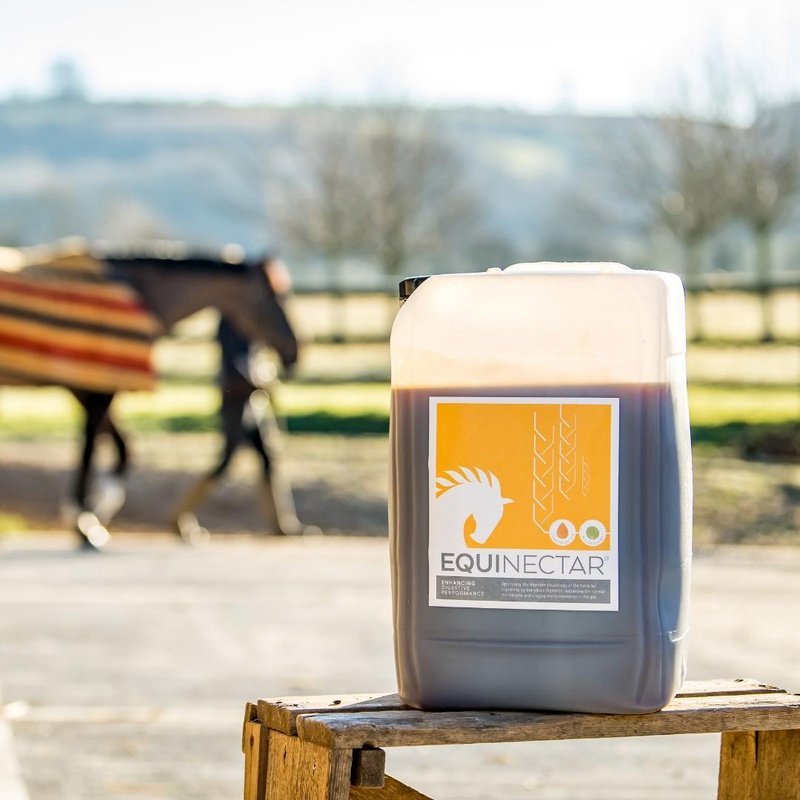
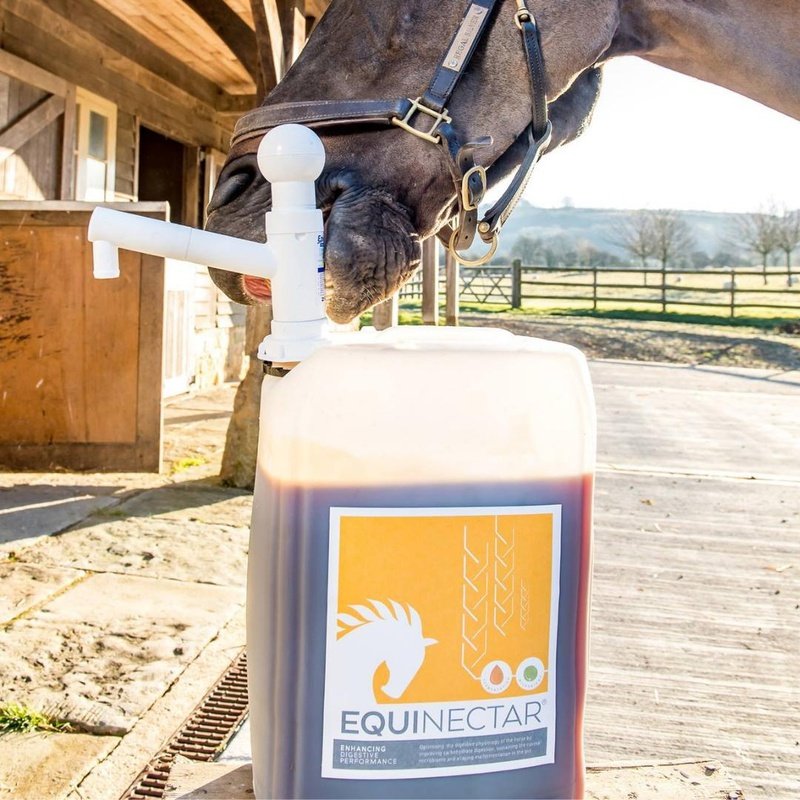
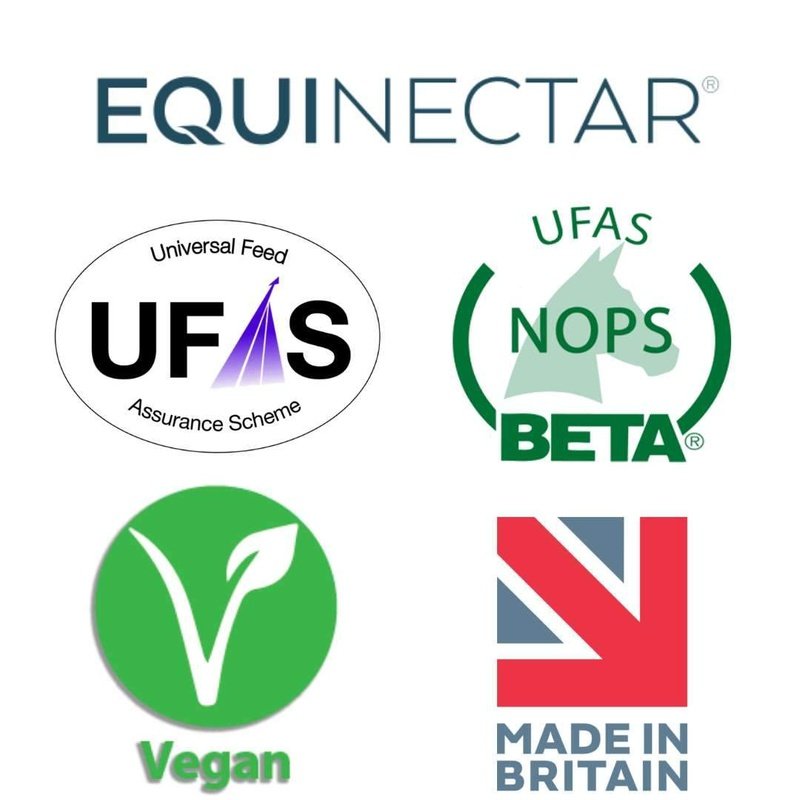
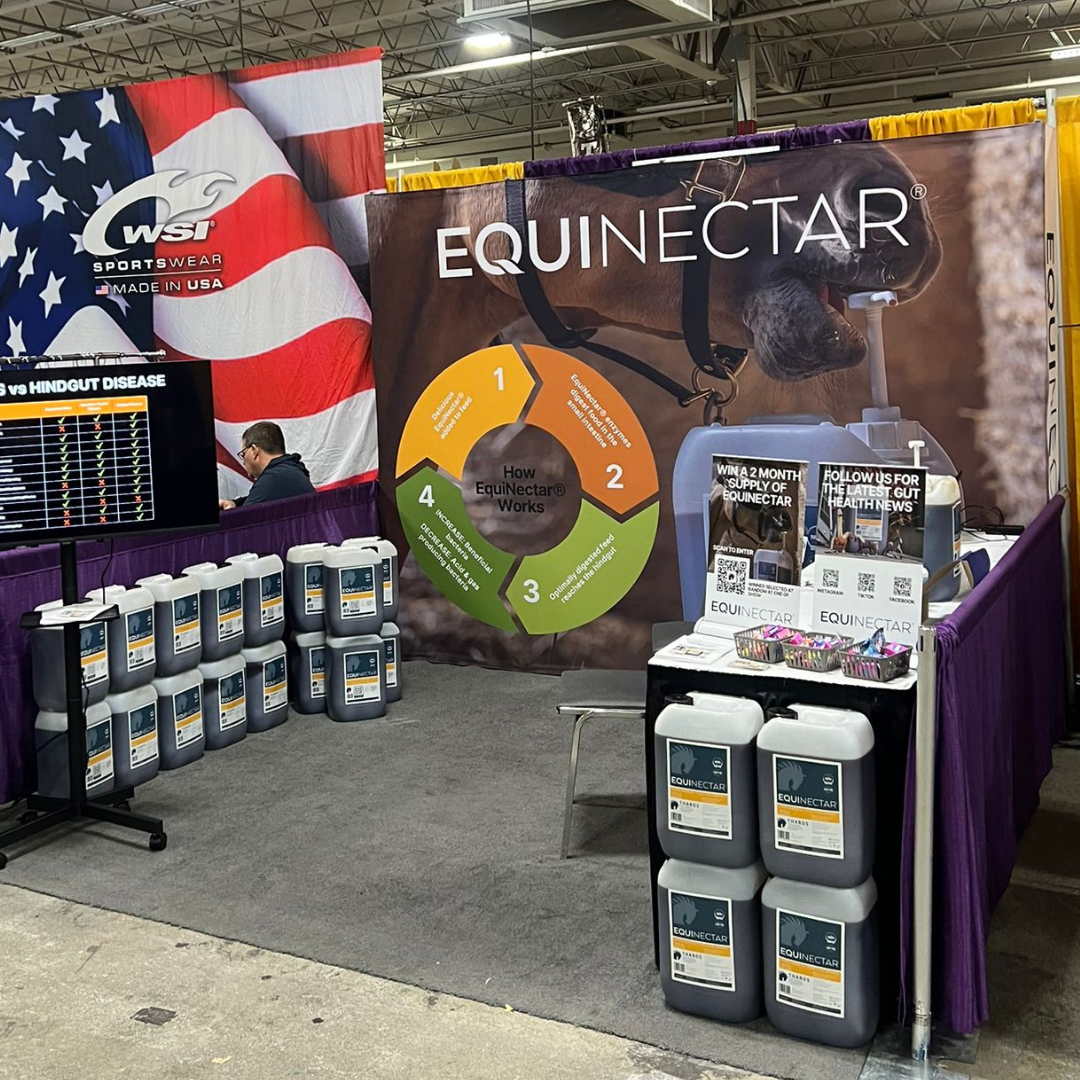

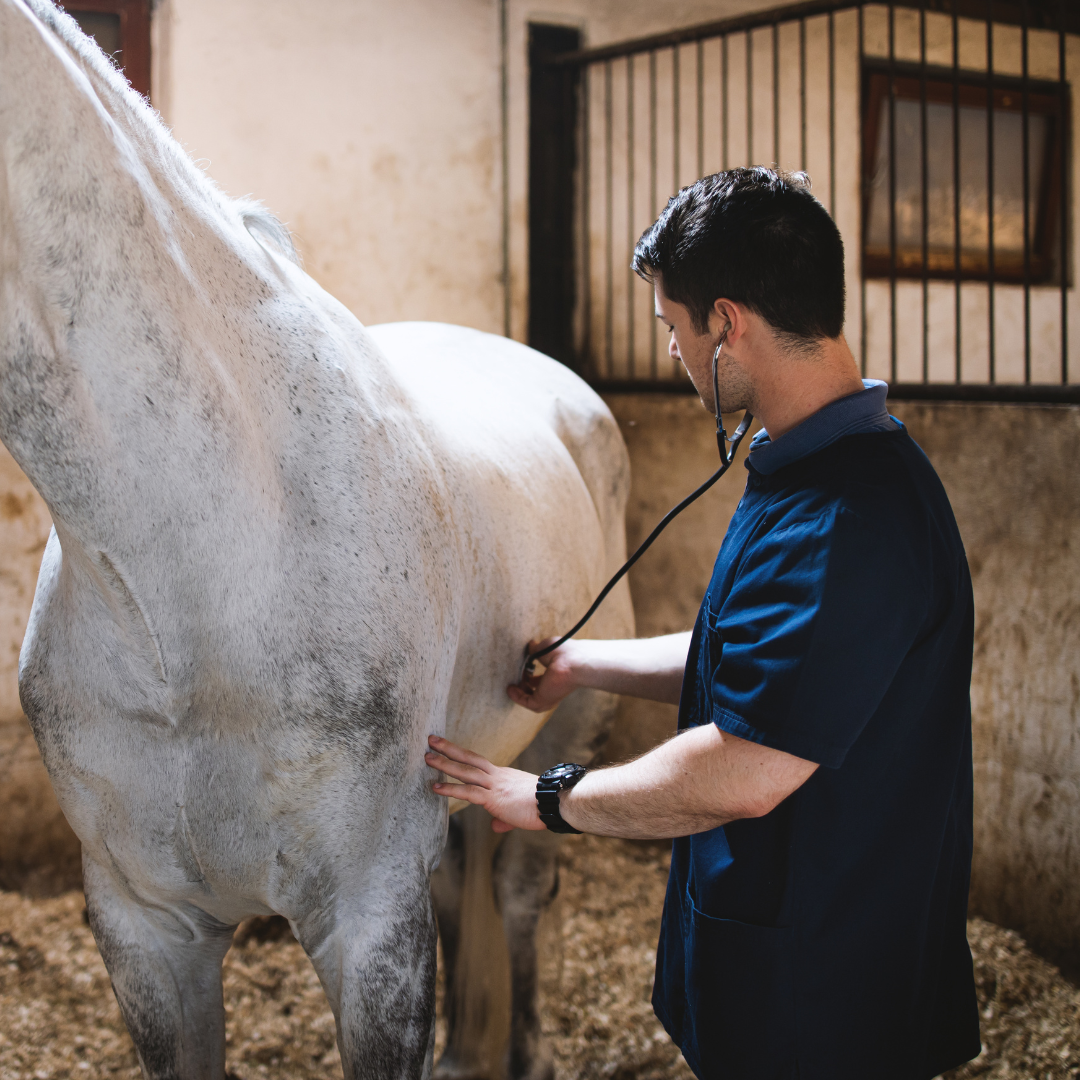
Share: